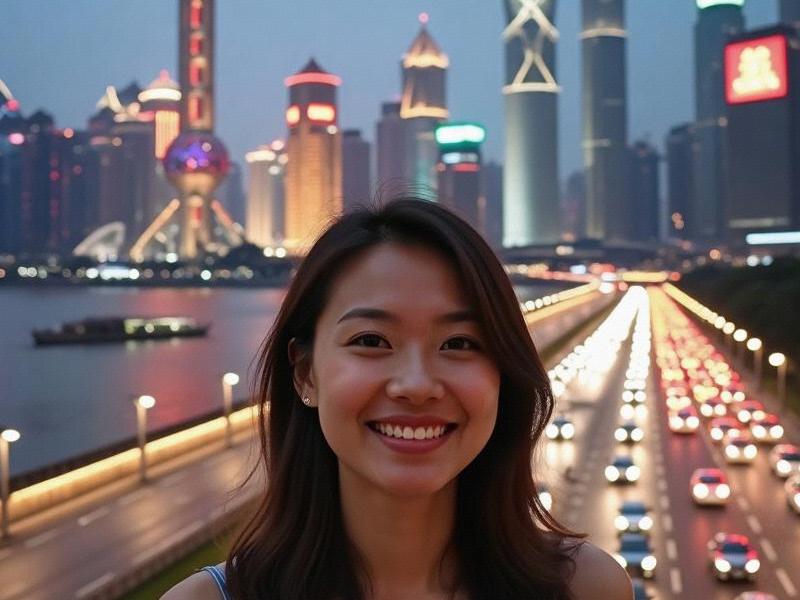
The glow of neon reflections on the Huangpu River tells only half the story of Shanghai's transformed nightlife. Behind unmarked doors in the French Concession and atop Pudong's glittering towers, a new generation of entertainment clubs is rewriting the rules of urban leisure with distinctly Shanghainese flair.
The New Golden Age of Nightlife
Shanghai's club industry has rebounded spectacularly since pandemic restrictions lifted, with 2024 revenue hitting ¥18.7 billion - a 23% increase over pre-2020 levels. But as veteran club owner Marcel Xu of Icon Lounge observes: "It's not just about recovery, but reinvention. Today's patrons want experiences, not just expensive bottles."
At Dragon Phoenix Club in Xintiandi, this means holographic performances blending Peking opera with EDM. General Manager Li Jia explains: "We train our staff in both mixology and traditional tea ceremony. When a Japanese CEO wants Hakushu whiskey poured over ice carved with his company logo, we make it happen - with a side of proper gongfu cha service."
Architecture of Entertainment
新上海龙凤419会所 The physical spaces themselves have become attractions. The newly opened Cloud Nine occupies three cantilevered floors atop the Shanghai Tower, featuring a retractable glass floor that gives dizzying views of the city 580 meters below. "We're selling vertigo with your vodka," jokes architect Dominique Perrault, who designed the space.
Meanwhile, in the former British Consulate compound, The Cathay Club has preserved colonial-era wood paneling while installing immersive projection mapping technology. "Guests literally walk through changing historical scenes as they move between rooms," describes creative director Zhao Min.
The VIP Economy
Shanghai's club culture reflects the city's unique socioeconomic landscape. At members-only venues like The Bund Society, initiation fees reach ¥500,000 - but include access to investor networks. "About 60% of our members are entrepreneurs using the space for deal-making," confirms managing partner William Chen.
上海花千坊龙凤 The city's "nighttime mayors" - government-appointed officials coordinating the night economy - have encouraged this upscale transformation. "We're cultivating quality over quantity," states Huangpu District's nightlife commissioner Wang Lei. "Think fewer drunk tourists, more cultured connoisseurs."
Cultural Hybridity
What distinguishes Shanghai's scene is its fusion of influences. At Pearl, a subterranean club near Jing'an Temple, DJs mix traditional guzheng recordings with deep house beats. "Our signature cocktail incorporates baijiu, champagne, and osmanthus syrup - East meets West in a coupe glass," says head bartender Marco Lin.
This cultural blending extends to service styles. Five-star hotels now train staff in both Western butler techniques and Chinese hospitality principles. As Peninsula Shanghai's director of entertainment notes: "Knowing when to be invisible and when to anticipate needs transcends cultures."
上海品茶工作室 Regulation and Innovation
Strict anti-corruption campaigns have permanently altered the industry. "No more ¥100,000 cognac orders from government officials," admits one club owner anonymously. "But we've adapted with more creative offerings - private mixology classes, rare spirit tastings with master distillers."
The future looks toward technology integration. Several high-end venues now use facial recognition for seamless entry and payment, while augmented reality menus showcase dishes before ordering. At ultra-exclusive M1NT, members can control lighting and music in private rooms via brainwave-sensing headbands.
As dawn breaks over the Bund, the last revelers depart these pleasure palaces, their WeChat feeds filled with artfully filtered snapshots. In Shanghai's relentless pursuit of reinvention, even nightlife has become daylight conversation - and business opportunity. The city that never sleeps has learned to dream more luxuriously than ever.
